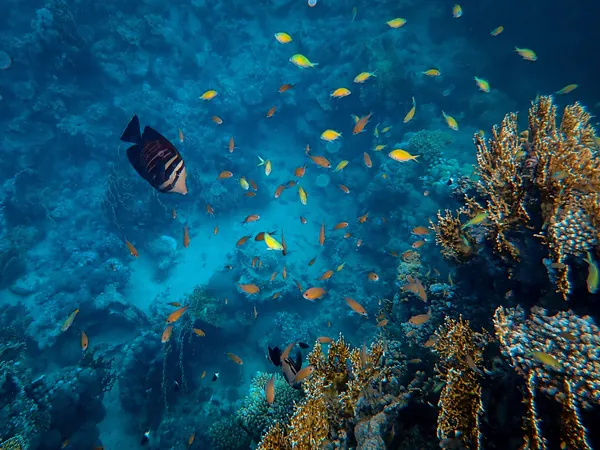
Revolutionary New Genetic Web Tool Set to Transform Marine Ecosystem Restoration!
2024-10-30
Author: Nur
Revolutionary New Genetic Web Tool Set to Transform Marine Ecosystem Restoration!
In a groundbreaking development for marine conservation, a team of Australian scientists spearheaded by Dr. Georgina Wood at Flinders University has unveiled the Reef Adapt initiative—an innovative online tool designed to empower marine managers and restoration specialists with crucial genetic insights. This pioneering platform aims to enhance the resilience of marine ecosystems that are increasingly jeopardized by climate change and human activity.
Collaborative Development and Purpose
Collaboratively developed by experts from the NSW Department of Primary Industries, Flinders University, and The University of Western Australia, Reef Adapt leverages genetic data from various marine species—spanning key coral species to kelps—enabling users to identify regions that are most likely to support populations resilient to both current and future environmental challenges.
Key Features of Reef Adapt
According to a recent publication in Communications Biology, this platform stands out for its rapid integration of genetic, biophysical, and environmental data, facilitating informed planning for marine restoration and conservation efforts. Users benefit from interactive maps pinpointing optimal locations for sourcing populations suited for their specific restoration projects under changing climate scenarios. Initially, the tool features data on 27 species sourced from over 420 locations worldwide, with plans to accommodate contributions from users to expand the repository.
Setting a New Standard for Marine Restoration
Notably, while terrestrial ecosystems have established guidelines for seed sourcing—like the US National Seed Strategy and Australia’s Florabank—Reef Adapt emerges as one of the inaugural resources of its kind in the marine domain, potentially revolutionizing restoration practices by breaking barriers to access genetic data.
Reflecting on the urgency of ecological restoration, Dr. Wood highlights the momentum being built worldwide, bolstered by frameworks like the recent Kunming-Montreal Global Biodiversity Framework, which seeks to restore 30% of degraded ecosystems by 2030. "Every restoration effort should integrate climate adaptation into its framework," Dr. Wood emphasizes, acknowledging that gathering the necessary data can often prove challenging. The Reef Adapt tool alleviates this burden, putting critical information at the fingertips of managers and practitioners.
A Resource for All
The accessible web platform is set to become a vital resource not just for governmental organizations but also for non-profits and community-driven conservation efforts. Dr. Melinda Coleman from NSW DPIRD asserts that this revolutionary tool will guide marine restoration projects into the future, allowing stakeholders—including aquaculture professionals—to make data-driven decisions about sourcing resilient stock.
"Imagine marine managers being equipped with state-of-the-art genomic data and seascape analyses to select climate-resilient stock. This tool will transform their approach to restoration," Dr. Coleman explains confidently.
Tools and Data Compilation
Additionally, Dr. Wood's recent publication, along with user manuals, provides compelling examples from diverse marine taxa, including staghorn corals, cauliflower corals, golden kelp, and crayweed, showcasing the tool's versatility and applicability.
The tool’s development was no small feat; it involved an extensive compilation of nearly 10,000 reference data points from existing population genetics literature, coupled with environmental data and oceanographic modeling.
Conclusion
As the urgency for climate-resilient marine ecosystems rises, the Reef Adapt initiative positions itself as a game changer in the quest to restore our oceans and protect them for future generations. The launch of this tool is indeed a promising step towards safeguarding the marine biodiversity that sustains our planet. Would you be ready to join the wave of change?





 Brasil (PT)
Brasil (PT)
 Canada (EN)
Canada (EN)
 Chile (ES)
Chile (ES)
 España (ES)
España (ES)
 France (FR)
France (FR)
 Hong Kong (EN)
Hong Kong (EN)
 Italia (IT)
Italia (IT)
 日本 (JA)
日本 (JA)
 Magyarország (HU)
Magyarország (HU)
 Norge (NO)
Norge (NO)
 Polska (PL)
Polska (PL)
 Schweiz (DE)
Schweiz (DE)
 Singapore (EN)
Singapore (EN)
 Sverige (SV)
Sverige (SV)
 Suomi (FI)
Suomi (FI)
 Türkiye (TR)
Türkiye (TR)